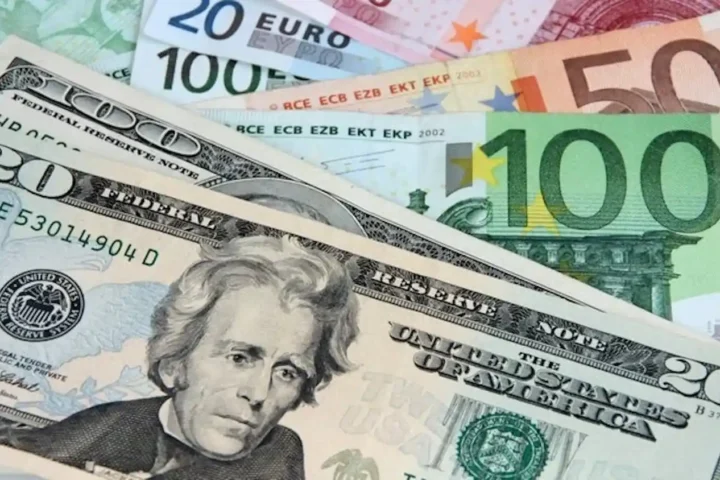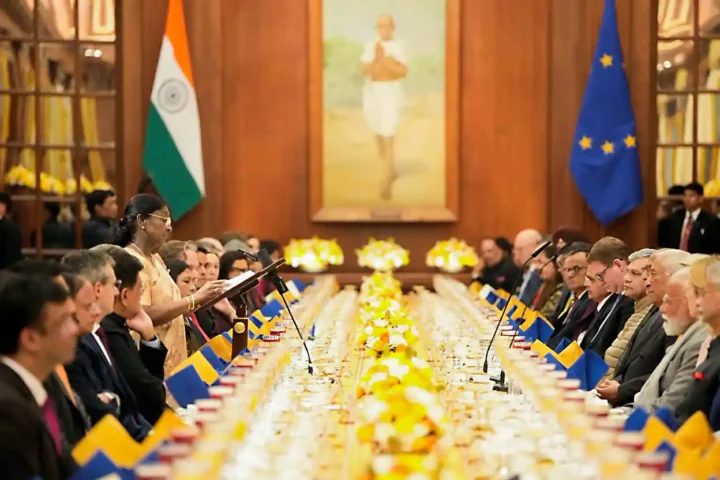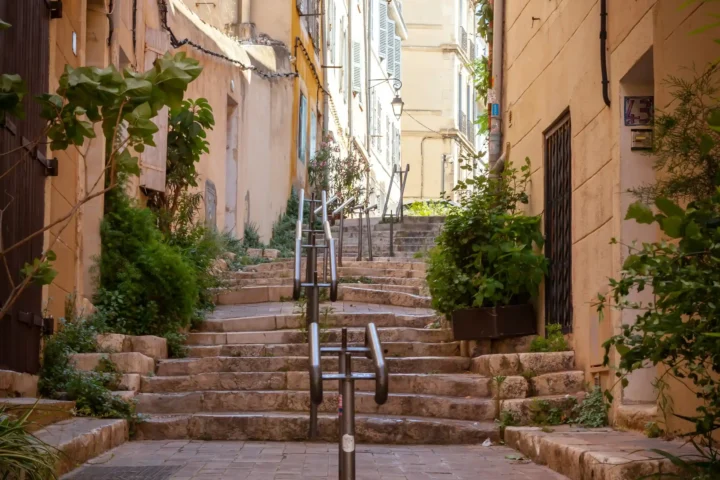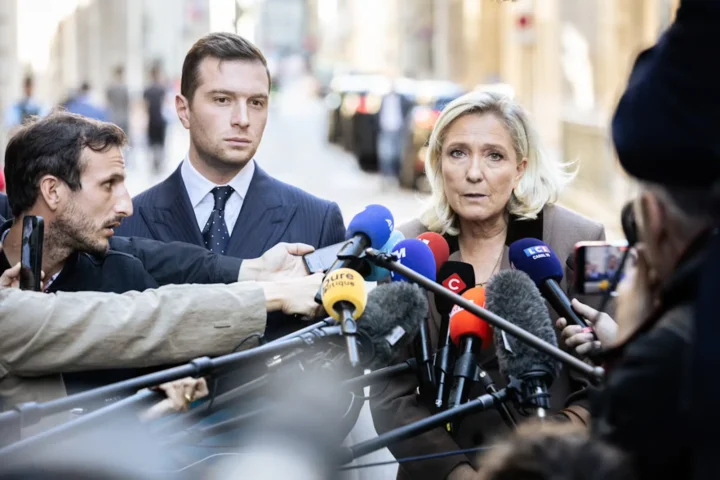By kicking its nitrogen can down the road to 2035, the Netherlands isn’t just buying time — it’s buying trouble.
On Friday, the Dutch government, led by Agriculture Minister Femke Wiersma of the Farmer-Citizen Movement (BBB), confirmed what many environmentalists and legal experts had feared: it will delay its legally mandated target to halve nitrogen emissions. This act of bureaucratic defiance is not only a direct affront to Dutch courts, but a brazen dare to Brussels, whose Habitats Directive demands urgent action, not creative procrastination.
The Netherlands has been Europe’s nitrogen crisis poster child for years, its high-density farming model pumping nitrogen into fragile Natura 2000 conservation areas at a rate four times the European average. Successive governments have tried — and failed — to balance environmental stewardship with the political weight of a powerful agricultural lobby. Now, with Wiersma’s populist BBB party riding high on rural resentment, the Dutch state has chosen its side: delay, dilute, and deflect.
It’s an expensive gamble. A €2.2 billion “starter package” will tempt farmers with buyouts, relocation money, and innovation funds — a soft cushion for those willing to bend, but hardly a solution for a crisis demanding hard, systemic change. Meanwhile, the government plans to scrap its science-based system of measuring nitrogen buildup in protected zones, replacing it with farm-level emission limits that remain suspiciously vague. It is, at best, an unfinished plan. At worst, it’s smoke and mirrors.
“This plan offers perspective for farmers,” Wiersma insists. Perspective, yes — but at what cost? It offers farmers more time, but steals it from nature. It offers rural voters a political win, but hands future governments a legal quagmire. Greenpeace didn’t mince words, calling the move “an insult to the rule of law.” They are right. When a government openly defies a binding court order, it doesn’t just erode environmental protections; it chips away at democracy itself.
The courts have spoken. Brussels is watching. Laws exist for a reason, and nature — silent, vulnerable, irreplaceable — cannot wait another five years.
The nitrogen crisis was never going to be solved with slogans or subsidies. It demands courage, clarity, and compromise. Instead, the Netherlands has chosen to postpone its problems, inviting a new wave of courtroom battles at home and infringement proceedings from the EU. This time, even €2.2 billion may not be enough to bail them out.
Five more years? It sounds like a gift. In truth, it’s a bill that nature — and the next generation — will be forced to pay.











